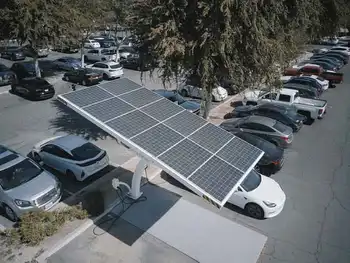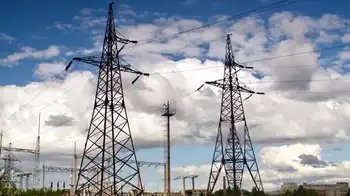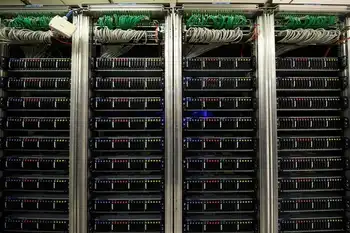FIU researchers join fight to protect power grid from cyberattacks
MIAMI, Florida -- - Researchers from FIU's College of Engineering and Computing have teamed up with four other universities and a utility company to help safeguard the nation's power utilities from cyber attacks.
"A cyber attack on any part of the nation's power grid could leave millions of people without power, resulting in serious health and safety threats as well as a major economic blow," said Electrical and Computer Engineering Professor Osama Mohammed, who is leading the team of FIU researchers. "Working together, we hope to reduce the vulnerability of our power grid and ensure the security of our energy delivery systems for the future."
The researchers from the different universities are working together as part of the DoE Center for Securing Electric Energy Delivery Systems SEEDS, made possible by a $12.2 million award from the U.S. Department of Energy, augmented by $3.1 million in matching funds from the research participants. In addition to FIU, the team is led by faculty from the University of Arkansas at Fayetteville and also includes faculty from the University of Arkansas at Little Rock, Carnegie Mellon University, and Lehigh University. Arkansas Electric Cooperative Corporation will serve as an industry partner.
At FIU, Mohammed's four co-investigators from the Department of Electrical and Computer Engineering are Kemal Akkaya, Arif Selcuk Uluagac, Arif Sarwat and Alexander Perez Pons.
In the first half of Fiscal Year 2015, the Industrial Control Systems Cyber Emergency Response Team ICS-CERT, part of the Department of Homeland Security, responded to 108 cyber incidents impacting critical infrastructure in the United States. As in previous years, the energy sector led all others with the most reported incidents. The National Security Agency also reported that it has seen intrusions into industrial control systems used in the electrical grid by entities with the apparent technical capability "to take down control systems that operate U.S. power grids," according to the "Cybersecurity Issues for the Bulk Power System" congressional report.
The center's researchers will address vulnerabilities and challenges in delivery systems of the U.S. power grid. Their goal is to protect hardware assets, make systems less susceptible to cyber attack and provide reliable delivery of power if such an attack were to occur.
The FIU team will be involved in aspects of the project that include protection of core power grid controls and operations by building security and privacy protection into components and services that include micro-grid assets, smart metering and electric vehicles protecting the communications infrastructure and providing security management capabilities to address operations beyond human capacity and providing security testing and validation to evaluate the effectiveness of protective measures on the FIU Energy Systems Research Laboratory's Smart Grid Test Bed in the Department of Electrical and Computer Engineering within the College of Engineering and Computing.
Related News

Ontario to seek new wind, solar power to help ease coming electricity supply crunch
TORONTO - Ontario is working toward filling all of the province’s quickly growing electricity needs with emissions-free sources, including a plan to secure new renewable generation, but isn’t quite ready to commit to a moratorium on natural gas.
Energy Minister Todd Smith announced Monday a strategy to prepare the grid for 2030 to 2050 — the Independent Electricity System Operator projects Ontario’s electricity demand could double by mid-century — and next steps involve looking for new wind, solar and hydroelectric power.
“While we may not need to start building today, government and those in the energy sector need to start planning immediately,…




